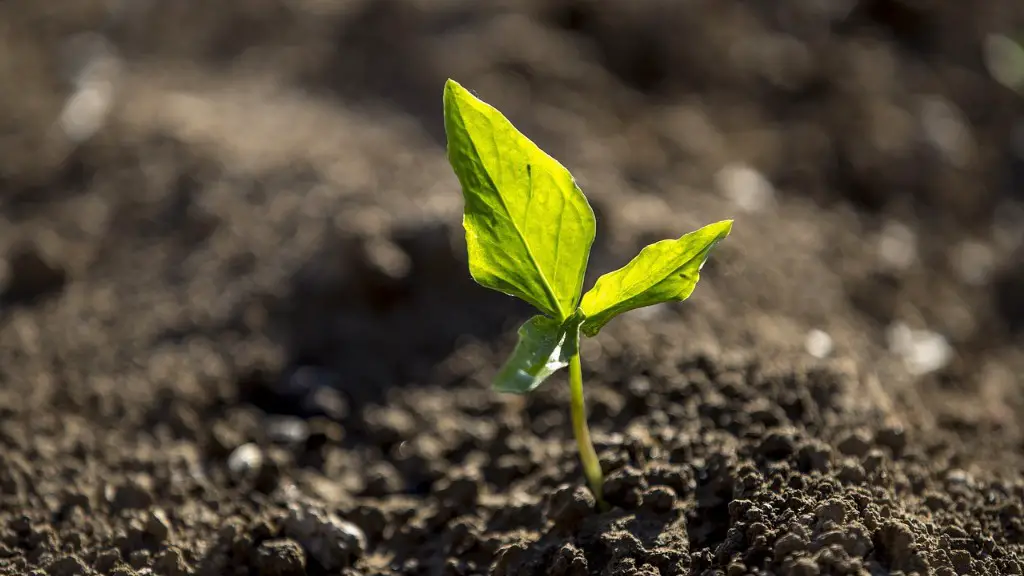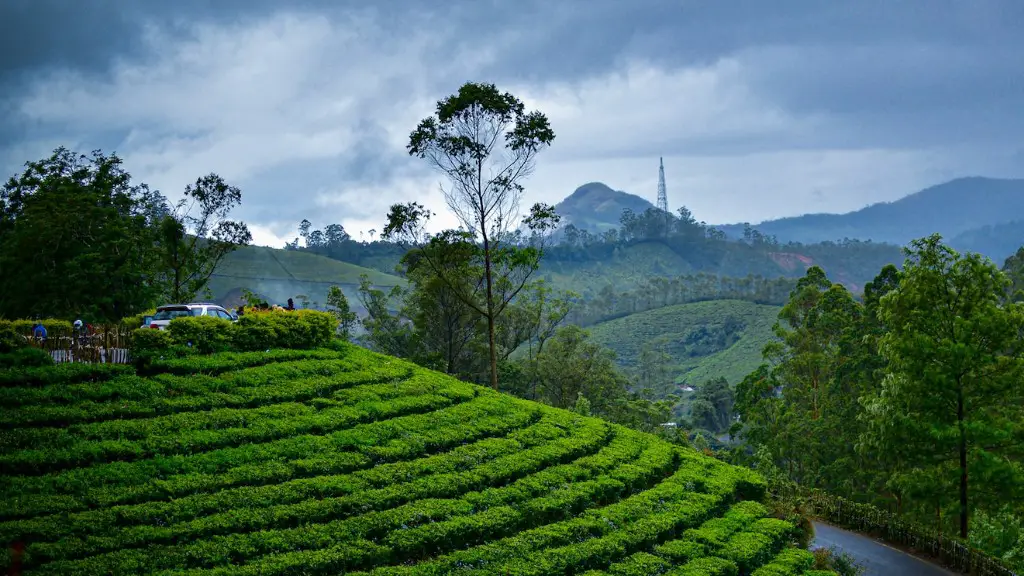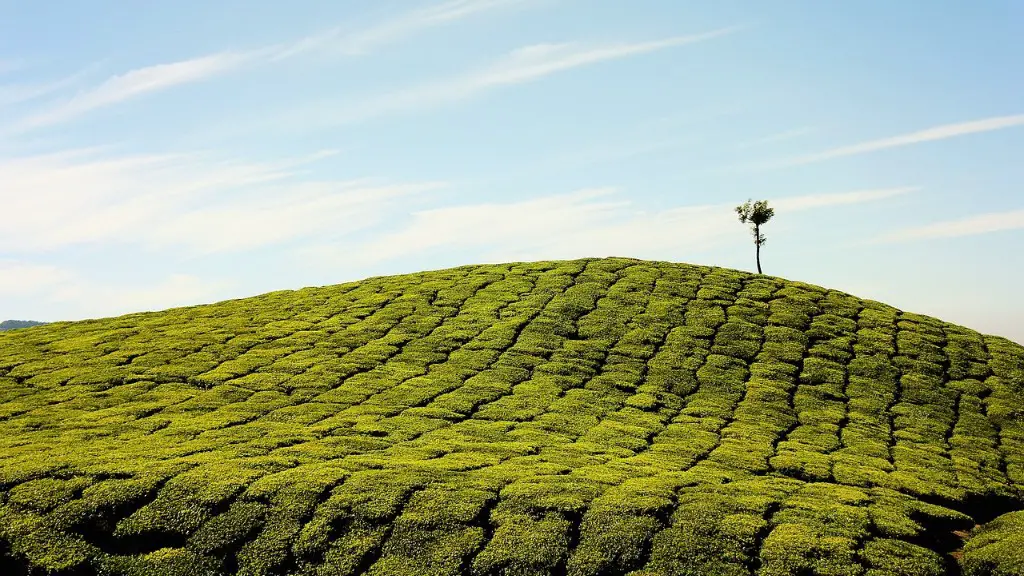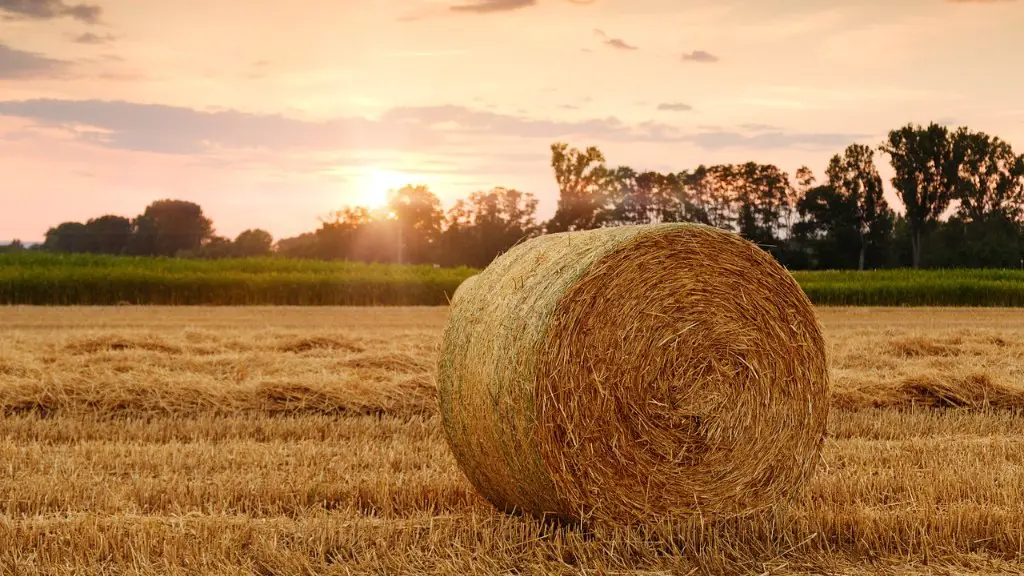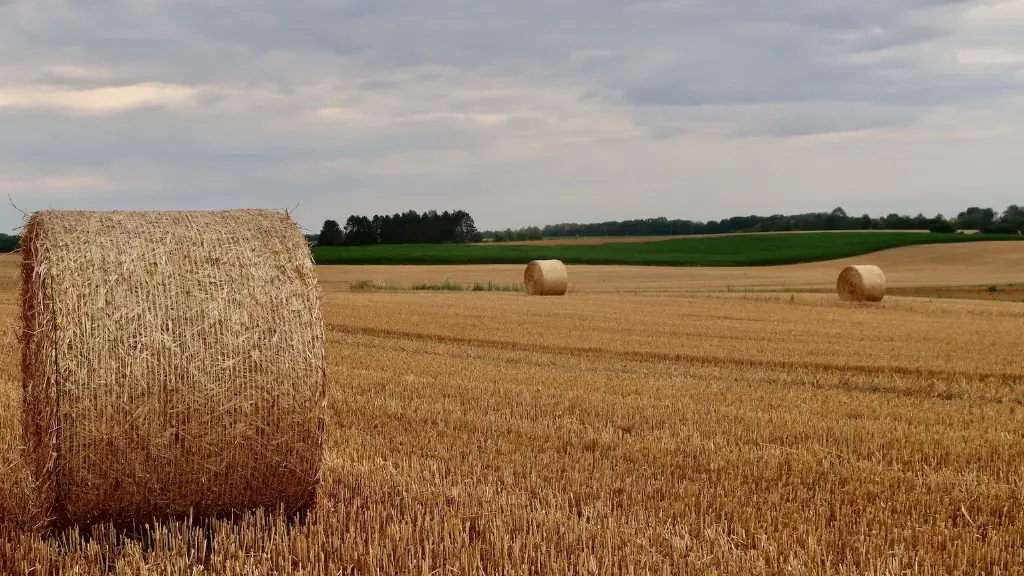agricultural production in Egypt was more productive than in Mesopotamia for a variety of reasons. The annual floods of the Nile deposit a fresh layer of silt on the farmlands, which makes the soil incredibly fertile. The hot, dry climate of Egypt also meant that crops could be grown year-round. Mesopotamia, on the other hand, was subject to seasonal droughts, which made farming much less reliable. Additionally, the irrigation systems in Egypt were much more sophisticated, allowing farmers to better control the water supply to their crops.
There are multiple reasons for why agriculture was more productive in Egypt than in Mesopotamia. One reason is that the Nile River floods every year, which leaves a layer of fertile silt on the land. The silt is packed with nutrients that are essential for crops to grow. Another reason is that the climate in Egypt is much drier than the climate in Mesopotamia, so the crops are less likely to rot or be infested with pests.
How was agriculture in Egypt different from Mesopotamia?
Mesopotamian farmers had to hand-harvest most of their crops due to the lack of farming methods and tools. This made farming very difficult and time-consuming. As a result, Egypt had a better profit in crops and developed a more efficient farming system.
The Egyptians were more fortunate than the Mesopotamian farmers because the Nile flooded at regular intervals. The Tigris and Euphrates, on the other hand, flooded irregularly, which made farming much more difficult in Mesopotamia.
What was crucial to Egypt’s agriculture
The Nile River contributed to many of the achievements for which the Egyptians are known. The Nile River was used to develop irrigation systems which enabled the Egyptians to engage in agriculture and create a stable food supply for their civilization. Additionally, the Nile River allowed for transportation of goods and people throughout Egypt, which facilitated trade and the spread of ideas. The Nile River was thus critical to the development of ancient Egyptian civilization.
The ancient Egyptians were one of the most advanced civilizations of their time, and much of their success can be attributed to the Nile River. The river’s predictable seasonal flooding and fertile soil allowed the Egyptians to build a thriving agricultural empire. Without the Nile, ancient Egypt would not have been the great civilization that it was.
What is the biggest difference between Egypt and Mesopotamia?
The Mesopotamians were polytheistic and believed in gods of the elements. The Egyptians had advanced irrigation and farming. They also developed architecture such as the pyramids and the Sphinx.
Mesopotamia is a region that is located in modern-day Iraq. The region is known for its fertility, as the soil is very rich and fertile. However, farming in Mesopotamia is not easy, as the region receives very little rain. This means that the water levels in the Tigris and Euphrates rivers depend on how much rain falls in eastern Asia Minor, where the two rivers begin. When a great amount of rain falls in Asia Minor, the water levels in the Tigris and Euphrates rivers get very high.
Why was agriculture the main occupation of Ancient Egypt?
Agriculture was the chief occupation of the Egyptians. The Nile provided water for irrigation and the Egyptians farmers could grow crops on the fertile land year after year. Their chief crops were wheat, barley and millet.
The ancient Egyptian economy was based largely on agriculture, and agriculture thrived in Egypt due to the climate and the Nile River. The climate in Egypt is warm year-round, which is ideal for crops, and the Nile River’s yearly flooding provided Egyptians with as many as three harvests each year. Ancient Egypt also had many natural resources, including flax, papyrus, stone, and gold, which made it a prosperous civilization.
Which reason of Mesopotamia was the most productive for agriculture
The Tigris and Euphrates rivers are located in the Middle East and are known for their regular flooding. This flooding makes the land around the rivers especially fertile, which is ideal for growing crops. The Neolithic Revolution, also known as the Agricultural Revolution, began almost 12,000 years ago in this region. The Neolithic Revolution was a time when people began to transition from a hunter-gatherer lifestyle to a more settled, agrarian lifestyle. This change allowed for the domestication of plants and animals, which led to the development of civilizations.
The Egyptians were greatly reliant on their crops for both sustenance and trade. They grew a wide variety of crops, including wheat, barley, vegetables, figs, melons, pomegranates and vines. Flax was also grown and made into linen. However, the most important crop was grain. The ancient Egyptians used grain to make bread, porridge and beer. This made grain a very valuable commodity.
What are some facts about agriculture in Ancient Egypt?
In addition to the food crops that were grown in Ancient Egypt, farmers also grew a range of industrial and fibre crops. These crops were used for medicinal purposes, as part of religious practices, and to make clothes. Fruit and vines were often grown in the towns or along pathways, to provide shade for the villagers.
The Egyptians were very quick to take advantage of the receding flood waters to plough the land and sow their seeds. They had hand ploughs or larger ones that were pulled by oxen. The seeds were then sown into the newly ploughed soil. Goats and other animals then walked over the fields to push the seeds into the ground. This ensured that the seedlings would have good contact with the moist soil, which was essential for their germination.
Why was ancient Egypt so successful
The success of ancient Egyptian civilization came largely from its ability to adapt to the conditions of the Nile River valley. The predictable flooding and controlled irrigation of the fertile valley produced surplus crops, which supported a more dense population and allowed for social development and culture.
The New Kingdom period of Egyptian history is generally considered to have begun in around 1550 BCE, when the Hyksos were expelled from Egypt and centralized political control was restored. This period is generally considered to have been the most prosperous time in Egyptian history, and to have marked the peak of its power.
What did the Egyptian economy rely on?
Egypt’s economy relies mainly on agriculture, media, petroleum imports, natural gas, and tourism. The top industries in Egypt are textiles, food processing, tourism, and chemicals.
Mesopotamians had a much more pessimistic view of religion and their gods than the Egyptians. For example, Mesopotamians believed that their gods were distant and not interested in humans, while Egyptians believed that their gods were close and caring. Additionally, Mesopotamian religions were focused on rituals and sacrifices, while Egyptian religions were focused on ethics and morality. Finally, Mesopotamians believed that death was final and there was no afterlife, while Egyptians believed in an afterlife.
What resource did Egypt and Mesopotamia didn t have much of
The Phoenicians sailed to this country for tin because the capital of the country of Lebanon, Egypt, and Mesopotamia didn’t have much of this resource.
Mesopotamia was a harsher environment than Egypt. The Nile River flooded two times a year, and the land was mainly desert. The people of Mesopotamia built their homes out of mud from the water in canals. In contrast, Egypt was easier to live in because the Nile Valley had every resource they needed.
Final Words
There are a number of reasons why agriculture may have been more productive in Egypt than in Mesopotamia. Firstly, the climate in Egypt is much more hospitable for agriculture than the climate in Mesopotamia. The Nile River also floods regularly, leaving behind a layer of rich deposits that helps to fertilize the land. The irrigation systems in place in Egypt were also much more sophisticated than those in Mesopotamia, which may have helped to increase productivity.
The reason why agriculture was more productive in Egypt than in Mesopotamia is because of the different climatic conditions that each region experiences. Mesopotamia has a hot, dry climate which is not conducive to agriculture, while Egypt has a much milder climate with longer growing seasons. This allowed the Egyptians to cultivate a wider variety of crops, and also to have more success in crop yield.
